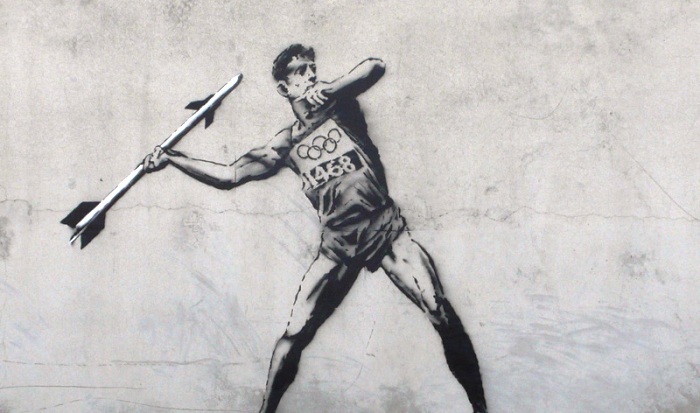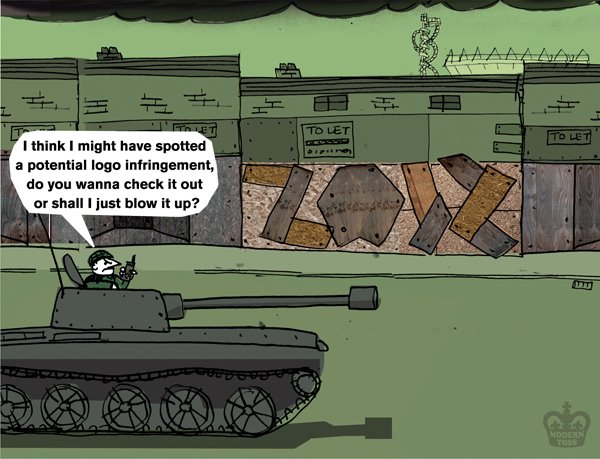1. Too much corporate sponsorship from too many irrelevant and unethical companies
From the early announcement that McDonalds would be the official food sponsor, it was clear the only real sponsorship criterion for the 2012 games was how much money and power a company has. As if selling McD’s at a major athletics event wasn’t enough, other key sponsors include Coca Cola, Cadbury’s, and Heineken.

